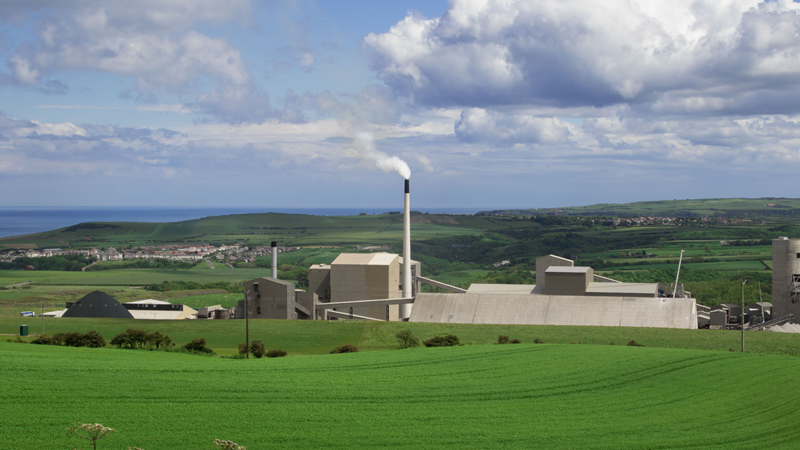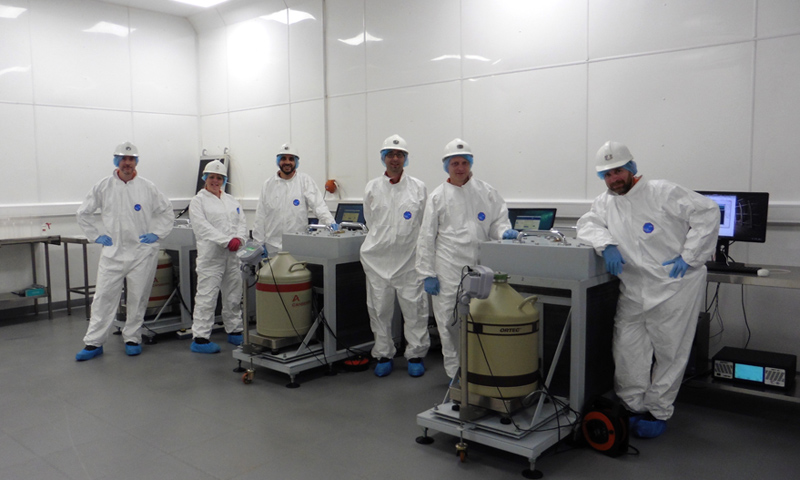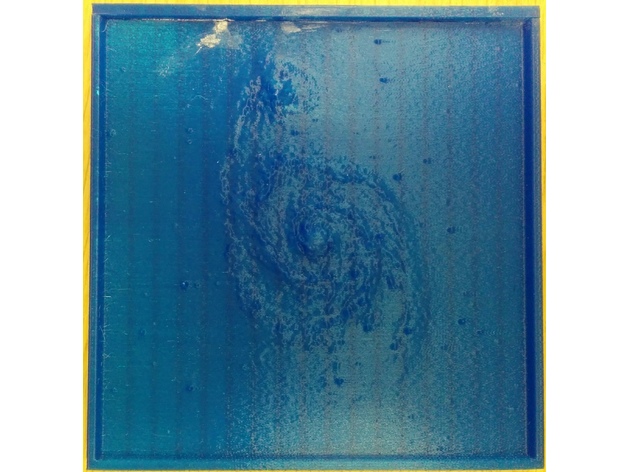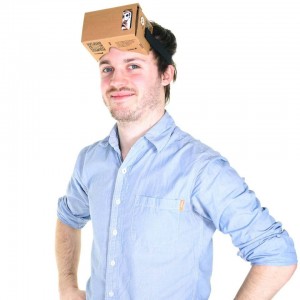The Josh Award is the UK’s national award for science communication, set up to support people who love talking about science and generally making the subject more fun and accessible.
We’re a nosy bunch in the Marketing Team, so we sat Mat down to find out a bit more…
Who are you?
I’m a freelance science communicator based in Cardiff. My undergraduate degree was in Physics and Astronomy, and whilst studying for my PhD in Astronomy (specialising in galaxy evolution) I started getting interested in science communication.
What have you been working on recently?
I’m really interested in virtual and augmented reality, and how it can be used to make science more accessible. A few years ago I developed a virtual reality tour of Diamond Light Source. Although it looks and sounds a bit like a Bond villain’s lair, it’s actually the UK’s national synchrotron science facility (particle accelerator).
Diamond Light Source isn’t somewhere the public can easily access as it’s too dangerous, but creating a virtual reality tour means that people can get a better understanding of what goes on there.
After the success of the Diamond Light VR, I got a Science and Technology Facilities Council (STFC) grant to create a VR tour for ISIS in Oxford, and the Boulby Underground Laboratory in Yorkshire. Boulby is especially interesting as part of it is a former coal mine, which is now being used a mine detector for dark matter. Some of the site at Boulby is still being used to mine potash, salt and polyhalite, so it’s a really interesting place to be working at.
Boulby is 1.1 km below the earth, with a network of roads and caverns underground that make it perfect for experimenting with dark matter. Obviously, a former coal mine is quite a dangerous place to be, but the VR tours make it accessible for everyone.


I’ll also be travelling to the US soon to develop a VR experience for the LIGO facility, so watch this space…
What are you doing for the Josh Award?
Put simply, I’m going to be developing astronomy resources for people with visual impairments. I’m passionate about making science accessible for all and making physics relevant to everyone’s lives. I’ll be using some super simple interventions but also more sophisticated technology like 3D printing. I’ll be keeping everyone up to date via the museum’s social media channels including this blog, so keep checking back for updates.
What made you apply for the Josh Award?
A few years ago I met a group of scientists from the Institute of Cosmology and Gravitation at the University of Portsmouth called Tactile Universe.
Tactile Universe create 3D printed tactile images of galaxies that can be used in schools and at public events to engage the visually impaired community with their research.

They’re currently focusing on engaging young people through school visits and workshops, and I’m keen to do a similar thing here in the North West.
For me, the opportunity to be part of Manchester Science Festival and showcase my work at the museum was too good an opportunity to miss. The added benefit of having the financial support of the Josh Award meant that I simply had to apply!
Sounds awesome, we can’t wait to see the final results. Whilst we’ve got you, we have a few probing questions for you….
Ok, fire away.
What do you think has been the most important scientific breakthrough in the last 10 years?
Gravitational waves. I think most scientists would probably say this, but it’s a real game changer. It’s quite a complex concept, so I think it’s amazing that Manchester Science Festival have chosen to focus on gravitational waves and black holes for their headline event—bringing physics to the masses!
I also have a personal link to the story as quite a few of my good friends at the University of Cardiff were involved in the first detection of gravitational waves, which made it extra special for me.
They’ve also produced a really good video explaining it, as it is quite a difficult concept:
What’s the next big thing?
I think the personalisation of medical treatment is going to be really important in the next few years. My wife is a researcher who is exploring personalised treatments for breast cancer, and there are some exciting developments happening in that arena.
Dogs or cats?
Cats
Tea or coffee?
Coffee
Bap or barm?
Neither! It’s a roll ????
[Ed: You’re all wrong, it’s a cob.]
All images provided by Mat Allen.

2 comments on “Meet Mat Allen, Josh Award 2018 winner”